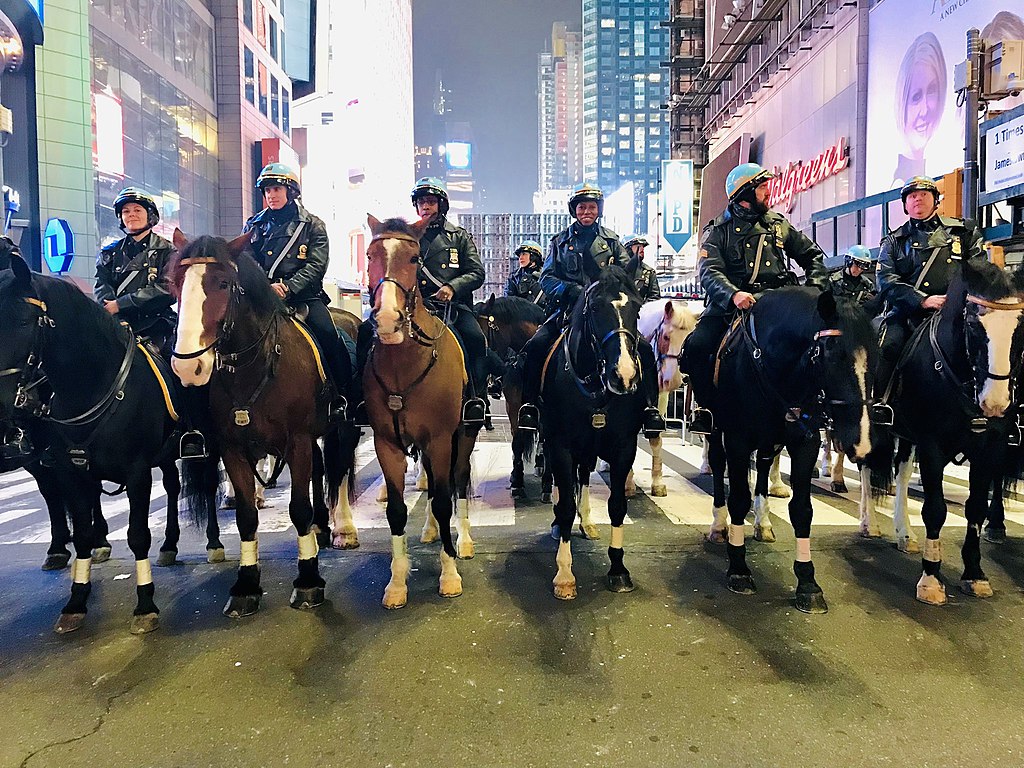Rethinking Our Approach to Lawmaking: The Path to a Less Violent Society
In the intricate fabric of societal governance, laws play a pivotal role in maintaining order and safeguarding rights. However, a critical observation often overlooked is encapsulated in a simple truth: “Laws require law enforcement, which injects force into our society.” This statement strikes at the core of what we, at Let.Live, advocate for – a society where the principles of tolerance, consent, and minimal force govern our collective existence.
The Intersection of Laws and Enforcement
Every law enacted is a signal for enforcement, and inevitably, enforcement involves a degree of force. This force, whether physical, legal, or psychological, becomes an integral part of the societal framework. It’s a necessary component, to an extent, for ensuring compliance and maintaining order. However, the issue arises when the proliferation of laws leads to an increased presence and use of force in daily life.
Understanding the Impact of Over-Legislation
The crux of the problem lies in over-legislation – the creation of an excessive number of laws, many of which govern minor aspects of personal and public life. This overreach often leads to unnecessary enforcement actions, which can escalate into violent encounters. It also breeds an environment of fear and mistrust among citizens, particularly when they feel oppressed or unfairly targeted by an overwhelming legal system.
The Principle of Tolerance and Consent
Central to the philosophy of Let.Live is the concept of tolerance – understanding and accepting differences without forcing conformity. When laws become overly restrictive, they encroach upon this principle, dictating conformity in areas where individual choice should prevail. Likewise, consent – the right of individuals to have agency over their lives – is compromised when they are bound by an ever-growing web of regulations governing their every action.
Moving Towards Fewer, More Focused Laws
To foster a less violent society, the solution lies in reducing the number of laws and focusing on real offenses that threaten public safety and welfare. Laws should be clear, necessary, and just, aimed at protecting individuals rather than controlling them. By reducing the scope of legal governance, we can decrease the frequency and intensity of law enforcement interactions, thereby reducing the potential for violence.
Conclusion: A Call for Change
In conclusion, the journey towards a less violent society is intertwined with our approach to lawmaking. By advocating for fewer laws, restricted to addressing real offenses, we uphold the principles of tolerance and consent. This approach not only respects individual autonomy but also promotes a more peaceful coexistence. Let us strive for a society where laws serve to protect and empower, rather than to control and dominate. A society where the minimal use of force is a reflection of our commitment to a more understanding, respectful, and ultimately, peaceful world.

Comments are closed